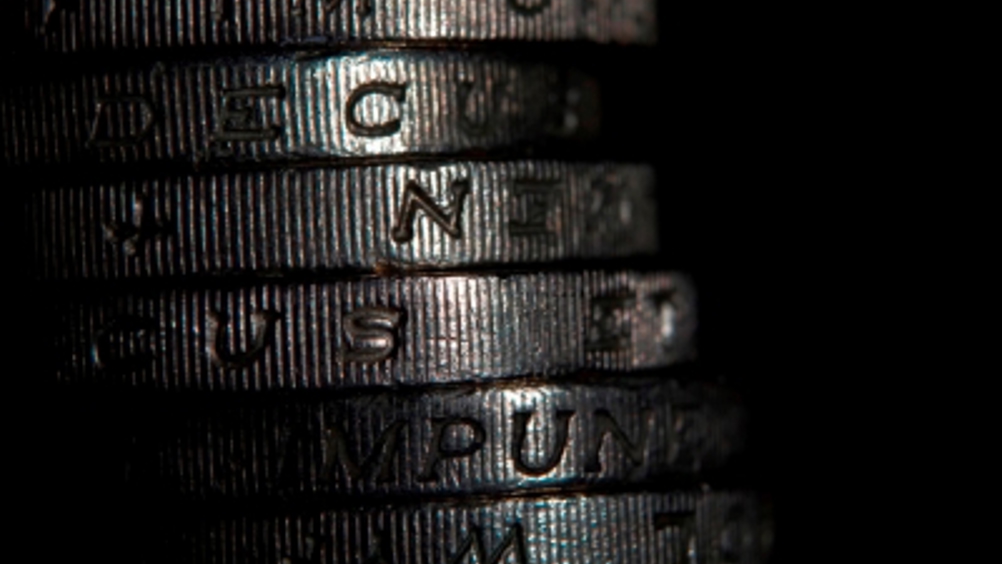Pay cuts add to decade of under investment

The British Dental Association (BDA) has said underinvestment in dentistry is bringing NHS services to the brink, as the Review Body on Doctors’ and Dentists’ Remuneration (DDRB) announced its recommendation of a below inflation pay uplift of 1 per cent for dentists in 2017/18.
The BDA has said that the report has comprehensively failed to recognise the impact that a collapse of 35 per cent in earnings since 2006 has had on investment in dental practices. NHS dentists in England have not received any direct capital investment in recent years, while GPs have continued support through a five-year £900m fund, with an additional £56m fund for practice resilience, including support for GPs suffering burnout and stress.
The BDA has lamented the underinvestment and lack of government strategy and action on oral disease. Recent analysis from the Royal College of Surgeons has shown a 24 per cent rise in the number of tooth extractions performed on nought to four-year-olds in hospitals in England over the last decade.
Comment from around the UK
Henrik Overgaard-Nielsen, chair of General Dental Practice at the BDA, said, “At the same time that child tooth extractions are surging, the Government seems intent on making NHS dentistry unsustainable. Dentists have seen a 35 per cent drop in earnings in the past 10 years. Today’s uplift does nothing to address – let alone reverse – a drop that’s already impacting on our ability to deliver the improvements in facilities, equipment and training our patients deserve.
Register now to continue reading
WHAT’S INCLUDED
-
Unlimited access to the latest news, articles and video content
-
Monthly email newsletter
-
Podcasts and members benefits, coming soon!
